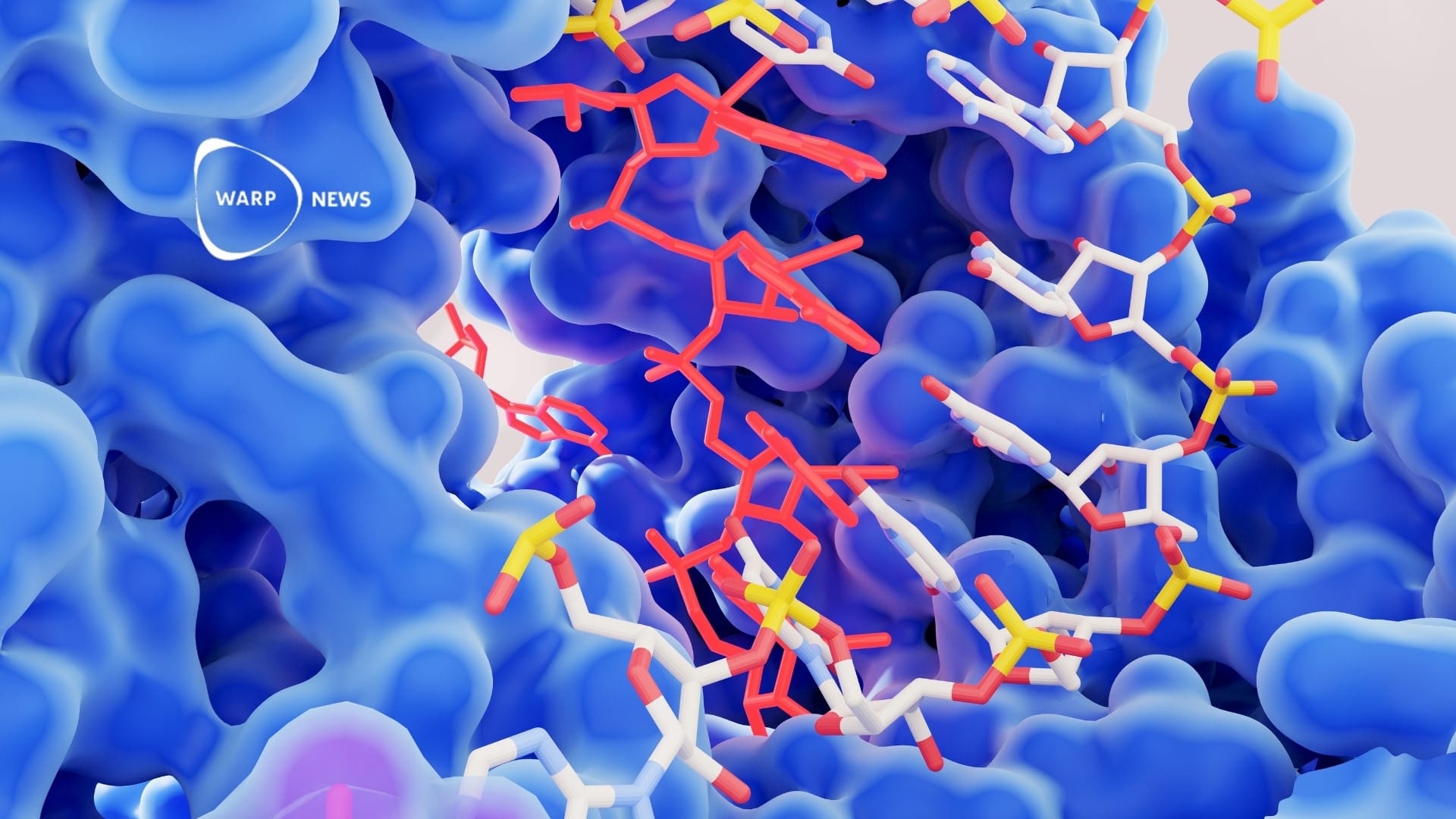
🧒 A new app can detect autism in children
A new app records eye movements in kids to evaluate the probability of autism.
Share this story!
Assessing whether a person has autism can be difficult. That's is one of the reasons many people goes with out the support they would need and are entitled to a long time, which in turn can deteriorating their quality of life. It is therefore important that people can get an accurate diagnosis determined early on in life. Now, there is an app that can help with that.
According to a press release, researchers at Duke Health in the USA have built an app that uses AI to assess whether young children show typical signs of autism. In the app, the child can watch specially designed movies, and when the child does so, it records to what degree the kid is paying attention to the people in the movies.
"We know that toddlers with autism pay attention to other things in the environment and do not focus so much on people. We can track children's eye movements and thus assess the probability that a child will have autism", says Geraldine Dawson, head of the Duke Center for Autism and Brain Development and one of the researchers behind the app in a press release.
The films in the app are specially made for the purpose of measuring the likelihood of autism. For example, a movie shows a woman playing with a toy spinner. The woman is on the left in the picture while the spinner is on the right. Toddlers who were later diagnosed with autism focused much more on the spinner than the children who were not diagnosed.
Measuring eye movements assess if a child may have autism is nothing new, but it has previously required special equipment and specially trained staff. Now all healthcare professionals can perform the test, which does not take more than ten minutes.
The researchers have tested the app on children as young as 16 months with good results. Now the researchers will test and see if the app can work for even younger kids.
"We hope that this technology will ultimately provide better access to autism screening, which is a first necessary step to deploy the right resources. In the long term, our goal is to have a validated, easy-to-use app that both healthcare professionals and parents can use. We have some work left, but this study shows that it is possible to get there", says Geraldine Dawson.
Read the full study here.
Image: Pixabay / GimpWorkshop
By becoming a premium supporter, you help in the creation and sharing of fact-based optimistic news all over the world.


